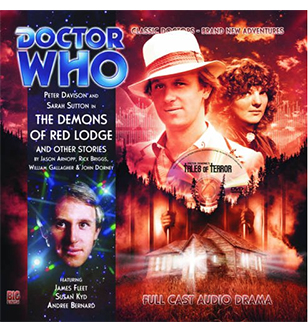A friend was telling me of someone he knew whose young daughter in America was grabbed between the legs by a young boy in their school. And – I’m afraid you know this is coming – that the boy said it was okay to do this because it’s what the President-elect does.
This is not the first such event and I’m ill that it won’t be the last, but I don’t think we’re ever going to get inured to it. We’re never going to become so used to it happening that it doesn’t feel sickening. I’d like to do more than shake and vomit but most of me doesn’t know what.
There is a part of me that I’m hiding away from that has an idea, though. It is a writing idea, since I am a writer, and while I’m trying not to think about it because it falls into this area of 2016dom, there’s more. I’ve been trying not to think about it because it is too hard.
Follow. Ever since I heard the story of this boy, I’ve been wondering what I would do if he were my son.
I don’t have children. I do have characters. So the next step in this chain I’ve avoided is to wonder what I would do if he were one of my characters.
I want to say I’d delete him and start again.
But he’s a human being and a character of mine who did this would have to be a human character. I mean human as in a full person, not a cipher or someone in the story for plot exposition, someone there to be the easy target of the foul, numb bile I’ve got.
And that’s where it’s hard.
That’s where I fail as a writer.
No, strike that: this is one area where I fail. If it were the only one, I’d take that and be happy. Well, reasonably happy. Well, miserable.
As a writer, I need to be able to write a character like this and make him real. I could do a fair job of convincing you I’d pulled it off by having a character do certain things, say certain things, but it would be a front. Ultimately you wouldn’t be convinced. I need to have him say and do things, yes, but the inner workings have to be right before the movement and the dialogue is both real and worth it.
I have to understand the character from the inside. Which means I actually have to find a way to like him. No, truly: we all think we’re right, that boy thinks he’s right, and we all find ways to justify what we do. Everyone else is a bad driver but it’s fine if I drink because I can handle it.
I have always, always had difficulty with the fact that I piddle about with text while in the real world women are being raped. So far I’ve managed to hide back inside that text but that’s just harder and harder now.
Even now, even here, even saying this to you, I’m conscious that this is a form of piddling about with text. I’m effectively saying that to become a better writer, I need to get inside these abhorrent characters. Like it matters to the world whether my writing improves. It matters to me, it matters so much, this talking with you matters so much, yet there must be something we could actually, actively do to counter 2016dom.
Except of course there is. I think there is. And it’s piddling about with text. Understanding abhorrent characters is a writing goal but understanding abhorrent people is maybe the only way we can change things for real.
